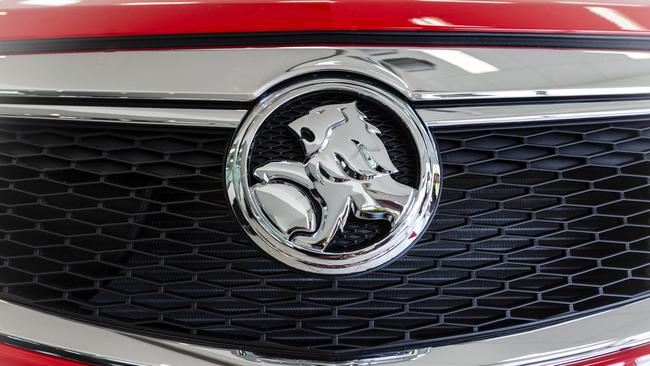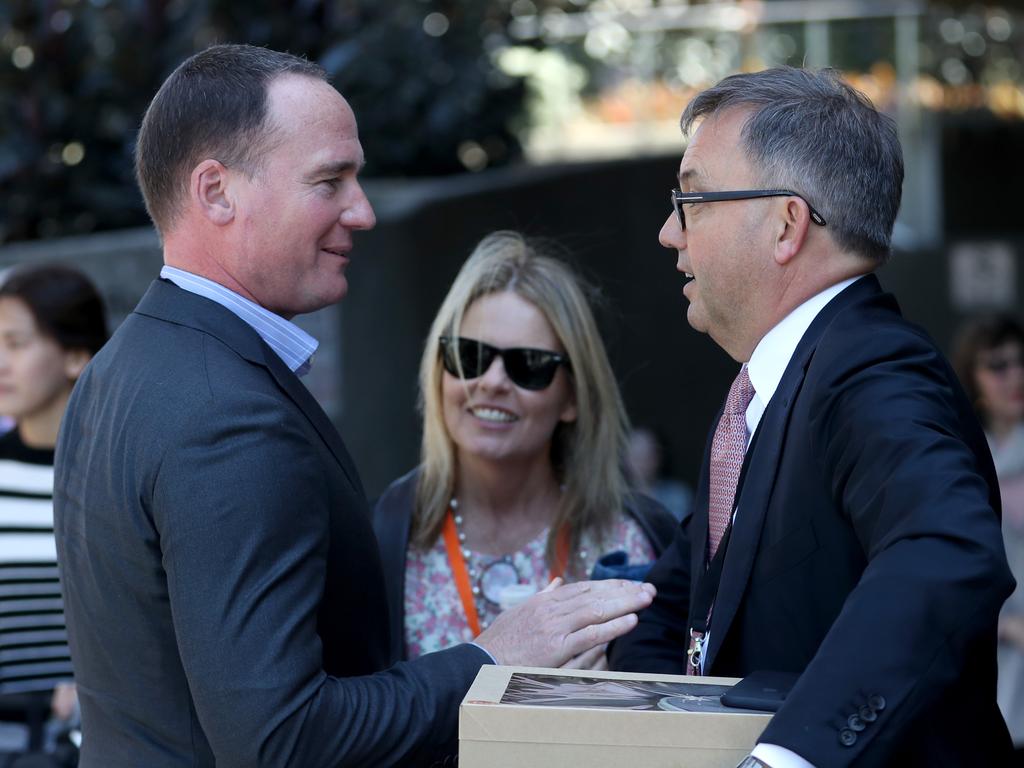Carmaker executives face Senate inquiry
The moves follow a year of rapid change that saw the withdrawal of Holden from the market by owner General Motors.

Executives of all major multinational car companies will have to front the Senate and have their relationships with local independent car dealers scrutinised as part of a new inquiry.
On Monday, the Senate standing committees on education and employment voted to establish an inquiry into the relationship between overseas car manufacturers and Australian car dealers, following a year of rapid change that saw the withdrawal of Holden from the market by owner General Motors.
The inquiry comes amid the biggest shake-up of the nation’s auto retailing market in decades amid the economic downturn.
National new car sales in August were 28.8 per cent lower than for the same time last year, with 60,958 vehicles sold.
The sales slump was most pronounced in Victoria, where new sales were down 65.9 per cent compared to August last year.
In a statement, Labor senator and committee chair Louise Pratt and Labor senators and committee members Deborah O’Neill and Don Farrell said the actions of multinational car companies had had a “devastating effect” on Australian businesses.
“The sudden exit of General Motors from the Australian market is still having a devastating effect on the car industry in Australia,” the senators said.
“Overseas companies such as General Motors don’t have Australian businesses’ interests at heart when making decisions from their overseas head office.
“More car manufacturers are changing their business models along the same lines as GM.”
GM’s local subsidiary GM Holden announced in February that it would retire the Holden brand in Australia and New Zealand, compensating the 185 Australian Holden dealers with an arrangement described as “inadequate” by the Holden Dealers Council.
A previous education and employment committee inquiry into the matter heard that Holden franchisees were required to make extensive capital investments by GM as part of their dealer agreements in the months leading up to the announcement of the brand’s retirement.
In July, Mercedes-Benz said it would move to an “agency model” of selling cars by 2022, where dealers are paid a sales commission for selling cars on behalf of the company, instead of purchasing the cars and reselling them, and would not compensate dealers for the change.
These moves inspired efforts by peak body the Australian Automotive Dealer Association to establish a separate franchise code governing deals between multinational car manufacturers and independent dealers.
In response, Industry Minister Karen Andrews and Employment Minister Michaelia Cash modified parts of the existing franchise code to further regulate capital expenditure requirements and encourage multi-franchise dispute resolution.
The government also promised to establish a “principles-based compensation guide”, which The Australian on Friday revealed to be entirely voluntary, outraging dealers and prompting the establishment of the inquiry.
Australian Automotive Dealer Association chief James Voortman said he hoped the inquiry would lead to reform.
“I hope it will add to the evidence base which has already been well developed by the ACCC’s market study and other parliamentary inquiries into GM and franchising,” he said.
The establishment of the inquiry comes as a document leaked to The Australian shows GM Holden appearing to establish new dealership agreements with a clause that violates the new voluntary “principles-based compensation guide”.
The document, a draft dealership agreement between GM Holden and all prospective dealers of their newly launched GM Speciality Vehicles line, contains a clause that limits a dealer’s ability to receive compensation if the agreement breaks down.
“The dealer is not entitled to any compensation payment, reimbursement or indemnity as a result of this agreement coming to an end by termination, expiry and the effluxion of time or by any other means,” the clause reads.
The clause violates principles one and two of the government’s voluntary guide, which states franchisors “should” provide compensation for franchisees in the “event of early termination” and that franchisors “should not include provisions that exclude compensation in new dealership arrangements”.
Senator O’Neill said this showed that a voluntary code of conduct would not work and why an inquiry was needed.
A GM Holden spokesman said the GMSV dealer agreement complied with all laws and regulations and did not allow for GM to terminate an agreement early without compensation. “The draft principles for auto franchising are just that, draft and as we understand have not yet been adopted by the Government nor legislated. GM Holden has not seen a copy of those draft principles other than a vague reference to a leaked copy in the media. The GMSV dealer agreement complies with all current laws and regulations. Further, the GMSV agreement does not ask dealers to allow GMSV to terminate the agreement early without compensation. We consider this clause, which is common to find in agreements of this nature, to be reasonable particularly given the modest investment required for the GMSV franchise.”







To join the conversation, please log in. Don't have an account? Register
Join the conversation, you are commenting as Logout